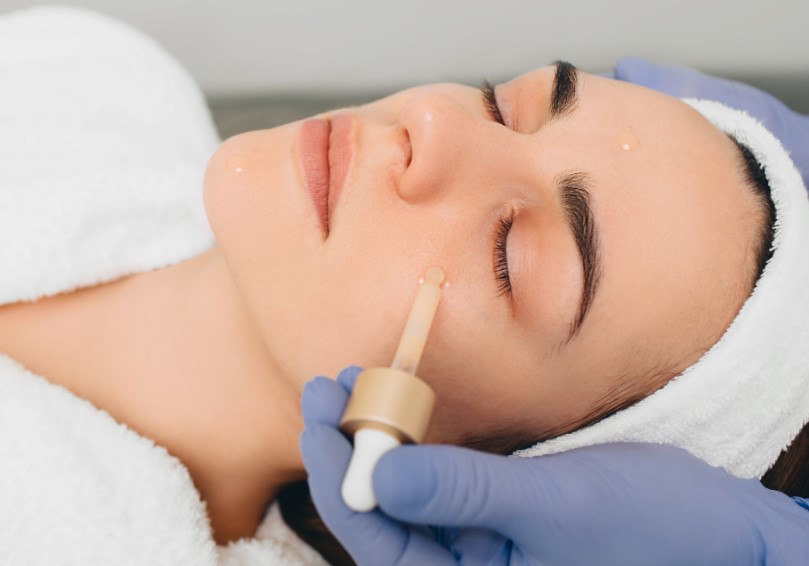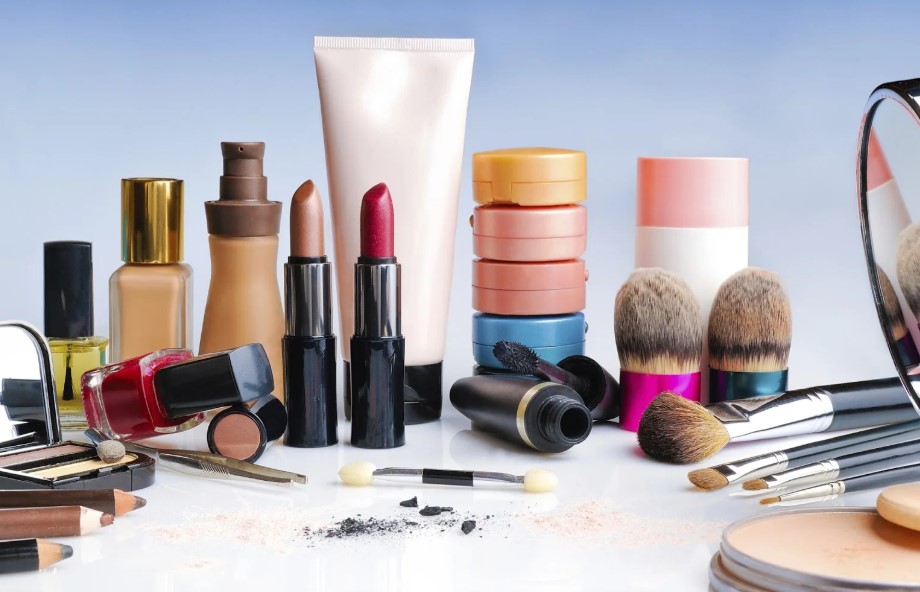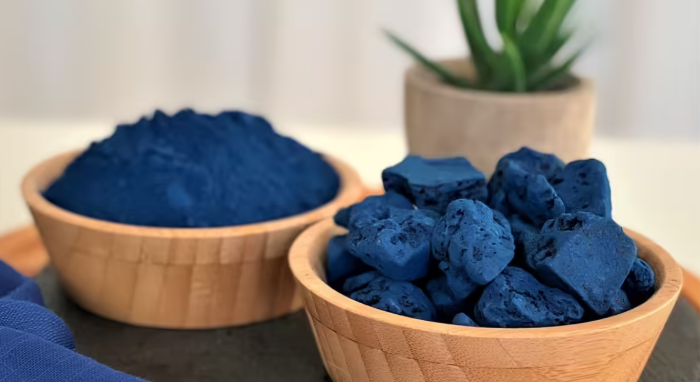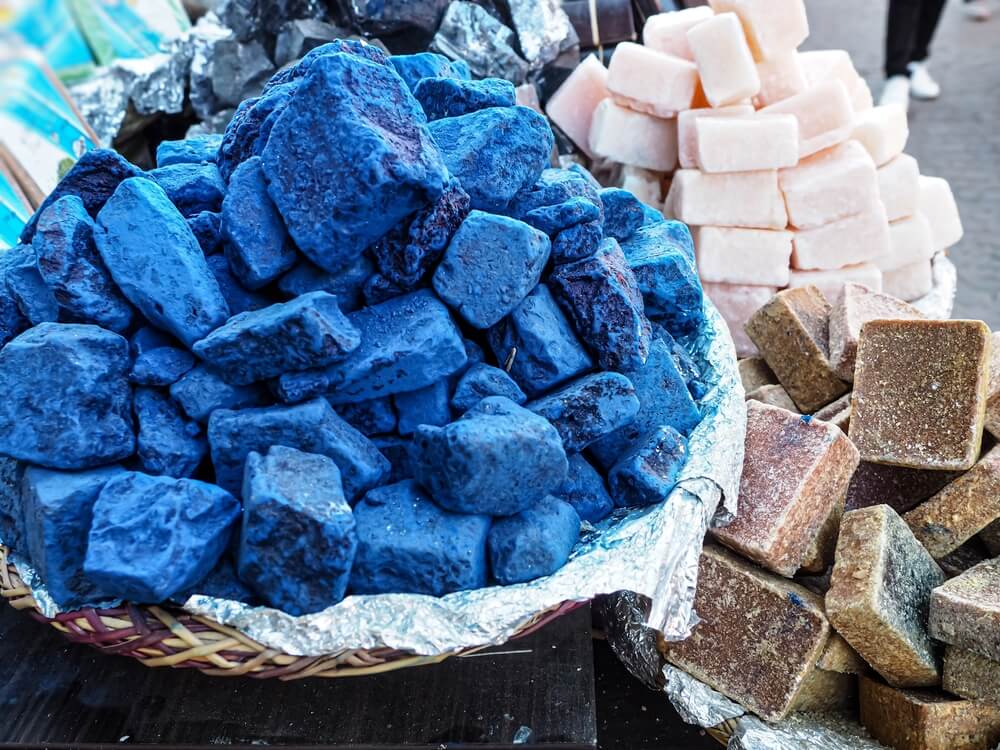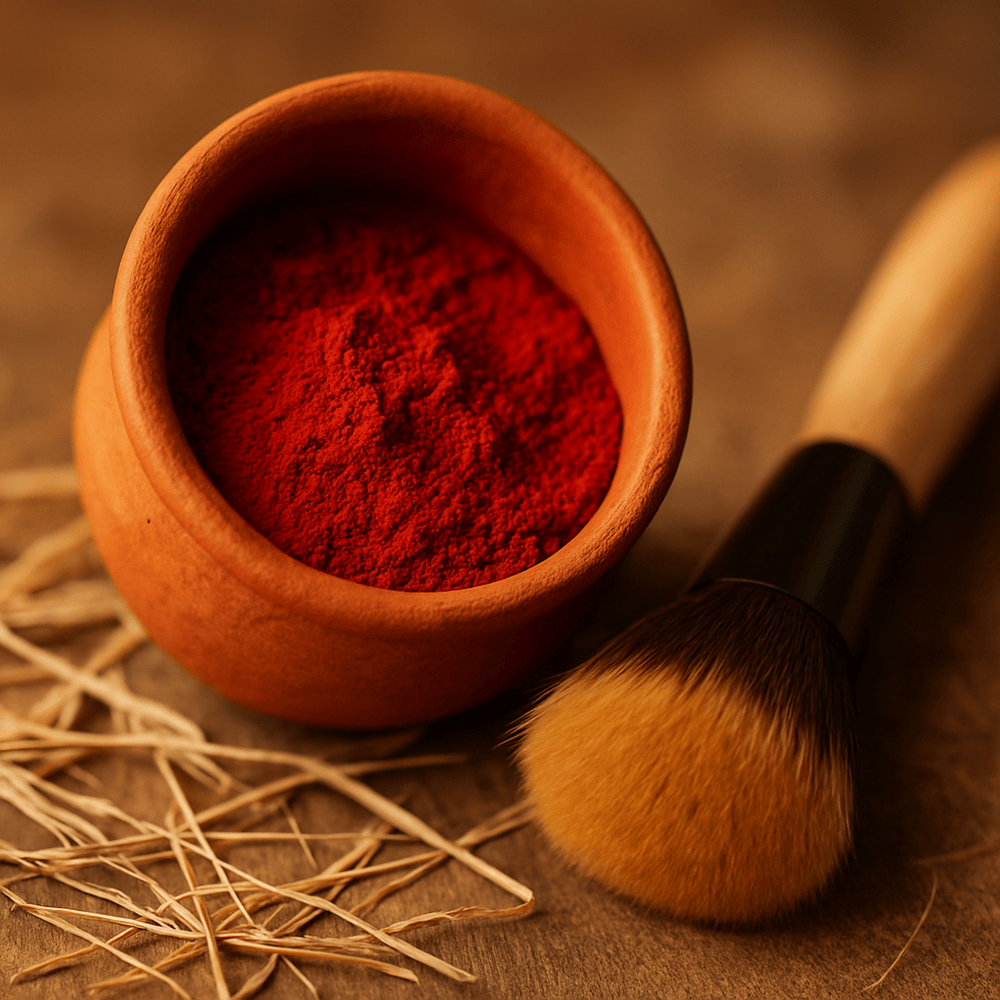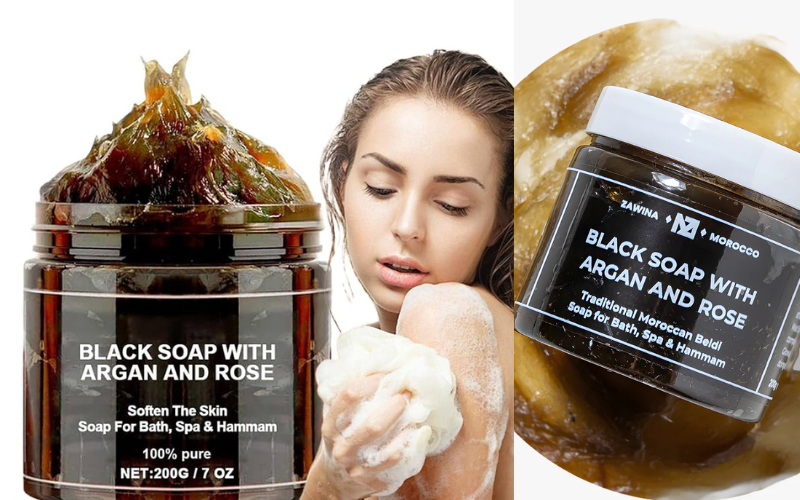Skin care is more than just looking good—it’s about taking care of the largest organ in your body: your skin. In today’s world, pollution, stress, unhealthy food, and screen time can damage our skin badly. A proper skin care routine helps keep your skin clean, fresh, glowing, and free from problems like acne, dullness, or premature aging. Whether you’re a beginner or already into beauty, this blog will help you understand the basics and benefits of a good skincare routine.
2. Why Skin Care is Important
Your skin protects you from harmful bacteria, pollution, and weather conditions. If not taken care of, it can lead to dryness, dark spots, pimples, and even long-term skin diseases. Skin care is important because:
-
It keeps your skin balanced and moisturized.
-
Prevents early signs of aging like wrinkles and fine lines.
-
Fights common issues like acne, dark spots, and pigmentation.
-
Boosts confidence and self-love through better appearance.
-
Prepares the skin for makeup and sun protection.
3. Understanding Your Skin Type
Before choosing any product, you must know your skin type. There are 5 main skin types:
-
Normal Skin: Balanced moisture and oil.
-
Dry Skin: Rough, flaky, and tight feeling.
-
Oily Skin: Shiny with large pores and frequent breakouts.
-
Combination Skin: Oily in the T-zone and dry on cheeks.
-
Sensitive Skin: Reacts easily to new products or weather.
Identifying your skin type helps in selecting the right cleanser, toner, moisturizer, and sunscreen.
4. Basic Skin Care Routine (CTM Method)
A proper skincare routine doesn’t need to be complicated. Follow the simple CTM method—Cleanse, Tone, and Moisturize.
-
Cleanser: Removes dirt, oil, and makeup. Use a gentle face wash that suits your skin.
-
Toner: Balances pH and shrinks pores. It preps your skin for moisturizers and serums.
-
Moisturizer: Hydrates and locks in moisture. Even oily skin needs a lightweight moisturizer.
Bonus step: Always use Sunscreen (SPF 30 or higher) during the day to protect from UV damage.
5. Additional Steps: Exfoliation and Masks
-
Exfoliation: Done 1–2 times a week to remove dead skin cells and improve glow. Use a mild scrub or chemical exfoliant depending on your skin type.
-
Face Masks: Great for deep nourishment and hydration. Clay masks for oily skin, hydrating masks for dry skin, and soothing masks for sensitive skin.
6. Ingredients to Look For
Different ingredients work for different skin problems. Here are some helpful ones:
-
Hyaluronic Acid: Deep hydration for dry skin.
-
Salicylic Acid: Fights acne and controls oil.
-
Niacinamide: Reduces dark spots and improves texture.
-
Vitamin C: Brightens skin and fades pigmentation.
-
Retinol: Reduces signs of aging and improves skin elasticity.
Always do a patch test before trying any new product, especially if you have sensitive skin.
7. Natural Tips for Healthy Skin
Not everything has to come from a bottle. Try these natural skin care habits:
-
Drink plenty of water to keep skin hydrated.
-
Eat fresh fruits and vegetables rich in antioxidants.
-
Get 7–8 hours of sleep every night.
-
Avoid smoking and reduce alcohol consumption.
-
Never go to bed with makeup on.
Simple lifestyle changes can make a big difference over time.
8. Final Thoughts: Build a Routine That Works for You
Skin care is personal. What works for someone else might not work for you. The key is consistency and patience. Start with the basics, keep your routine simple, and listen to your skin. Don’t chase every trend. Give products time to work and avoid switching too often.
Healthy, glowing skin is not just about looking good—it’s a sign of overall wellness. Whether you're male or female, teenager or adult, skin care should be a regular part of your daily life.
